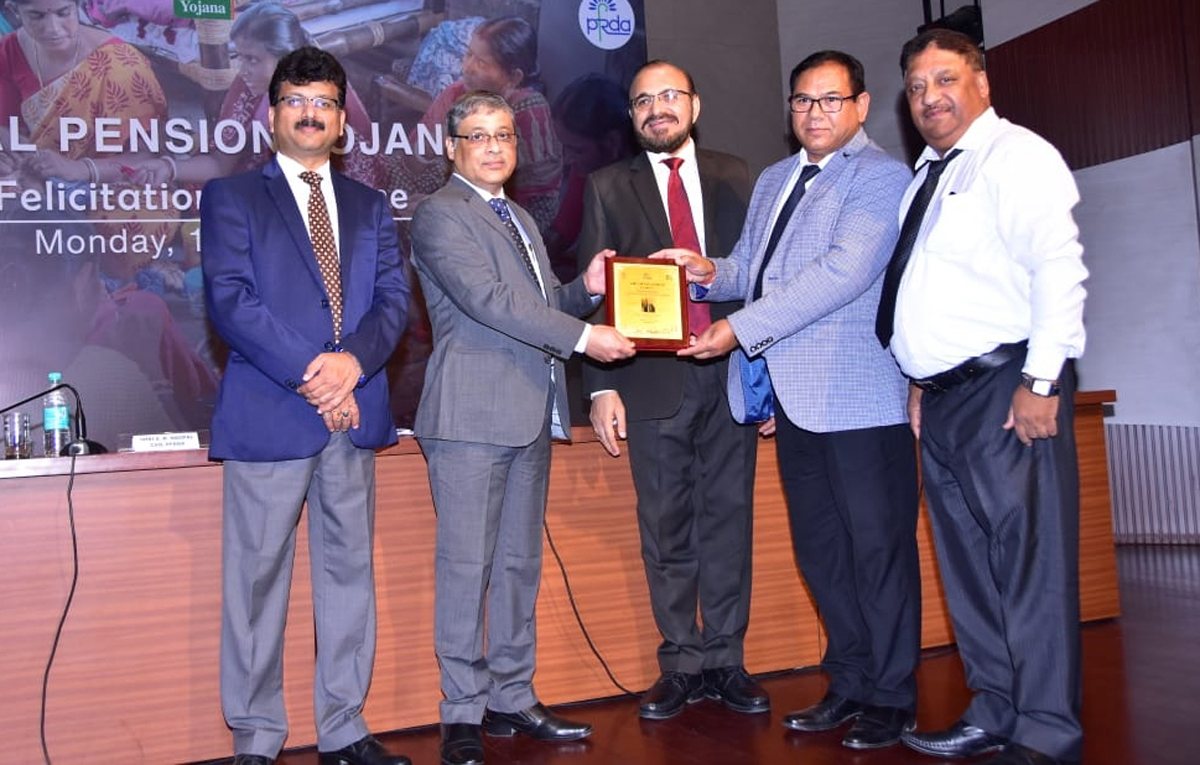Australia. Why we should stick with the 12pc super guarantee rate
By Karen Maley If Treasurer Josh Frydenberg was hoping that the eagerly awaited Callaghan retirement income review might help him resolve the fiendishly difficult political problem of what to do with the superannuation guarantee levy, he'll be deeply disappointed. The Morrison government is facing intense pressure from a group of hardline backbenchers to scrap the long-legislated increase in employers' compulsory contribution to their workers' super from 9.5 per cent of wages to 12 per cent by 2025. Read more @AFR



